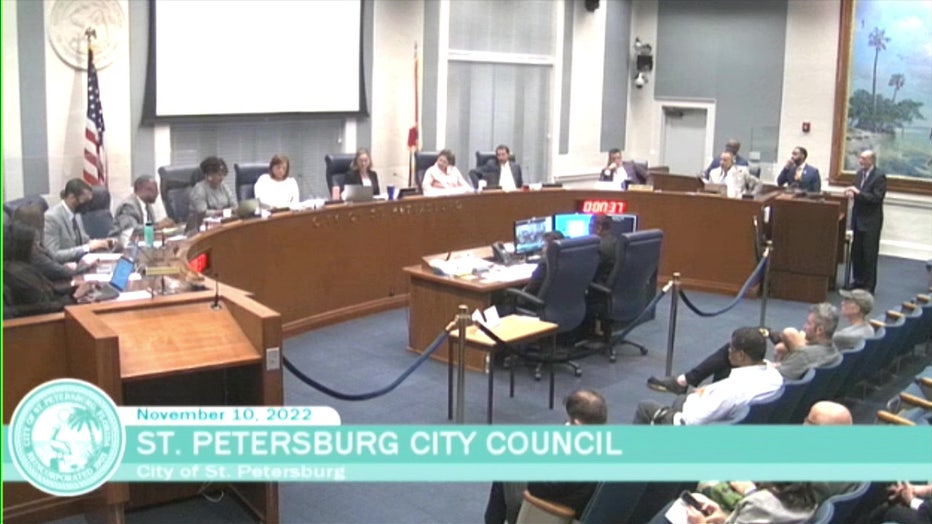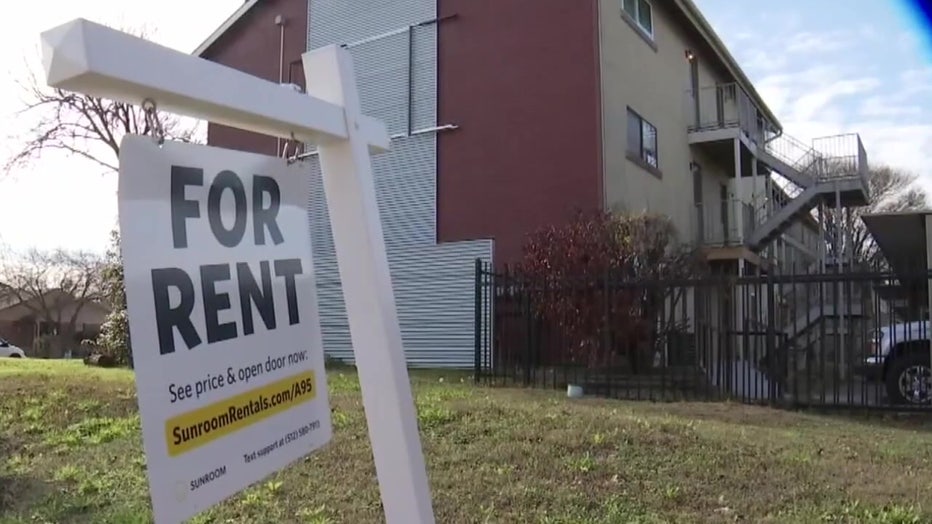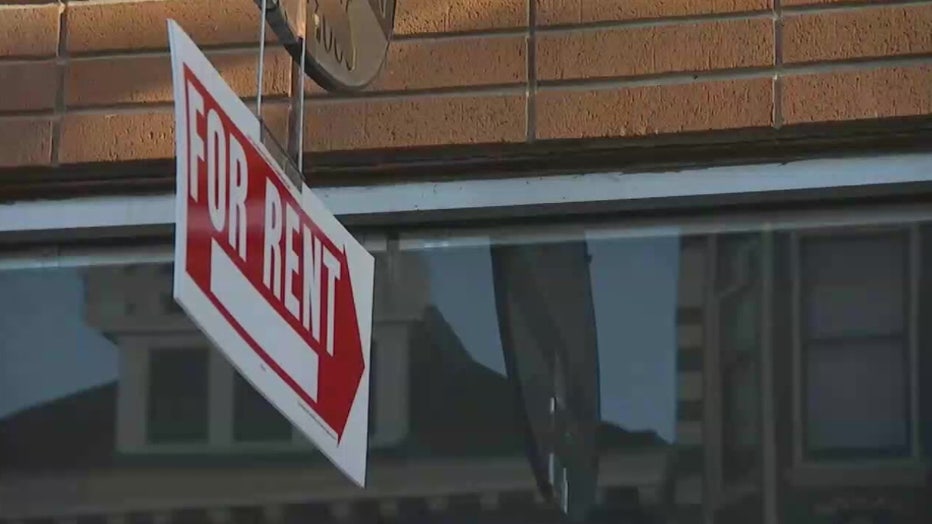St. Pete to require landlords to give tenants notice in order to raise rent
ST. PETERSBURG, Fla. - There’s some good news for renters in St. Petersburg. The St. Petersburg City Council approved an ordinance Thursday that requires landlords to tell tenants in advance if they plan to raise the rent.
The city council in Tampa approved a similar measure in May.
Specifically, if there’s a rent increase of more than five percent, the ordinance requires landlords to provide tenants with a written notice. The notice is 60 days for one-year leases, 30 days for leases three months to anything less than one year and 21 days for month-to-month leases.
Council members passed the ordinance unanimously.
William Kilgore, an organizer with the St. Petersburg Tennant’s Union, spoke at the council meeting.
"The city should be sending a strong signal that rent gouging is wrong and that it’s unacceptable," he stated.
READ: Pinellas County school leaders seek bids to develop historic Tomlinson building into staff housing
Kilgore said the ordinance doesn’t go far enough. He said several citizens involved with the union sent emails to the city over the past few months asking for the notices to be six months.

St. Pete city council approved a measure that requires landlords to give tenants written notice when they plan to raise the rent.
"Obviously this is something we want. We want these notices. It’s important to say, ‘Hey, you’re gouging rent. You’re raising rent and we’re not going to stop you, but we’re going to fine you if you don’t give them enough time,’" he said. "Unfortunately, they [city council] just didn’t give it enough time. It should’ve been six months."
Kilgore said the union will continue to push city leaders to extend notices to six months. He said this timeframe gives people more time to look for a new place.
READ: Tampa leaders look into allowing more Accessory Dwelling Units to combat affordable housing shortage
"If you ask anybody who has searched for an apartment recently anywhere in Tampa Bay, but especially here in St. Pete, it’s very difficult. There are slim pickings. There’s not a lot to choose from, and so tenants need to have ample time to be able to look," Kilgore shared.

Landlords will be fined $300 for the first offense and $500 for following offenses.
Regarding the timeframe for the notices, city council member Richie Floyd said there were some concerns in the previous meeting that landlords could choose not to renew tenants in favor of bringing in new people because they could charge more and create a potential legal challenge.
"I found neither of these convincing and made a motion in the meeting that we extend the length to six months, but it failed as I was the only person to vote for it," Floyd stated. "I agree that we need to do more to protect tenants and feel that we need to be more concerned with housing our residents and less about the inflated profits of landlords."
READ: 'This is our forever home': Pinellas County school bus driver receives keys to new home
Landlords will be fined $300 for the first offense and $500 for additional offenses. The ordinance notes rent has increased significantly in St. Pete since 2020, forcing many to move. It goes on to say it can take someone more than three months to find a new place, which has contributed to the increase in homelessness in the city, and local governments are "often left with increased burdens due to homelessness, poverty, inequality and declining health."

The ordinance notes rent has increased significantly in St. Pete since 2020, forcing many to move.
The ordinance says requiring notice of a rent increase will benefit the tenant, the landlord and in turn, the community.
Floyd said as far as getting the word out about the new ordinance, city leaders plan to do stakeholder outreach with landlord groups and other groups involved in housing. The ordinance goes into effect on Jan. 1, 2023.

